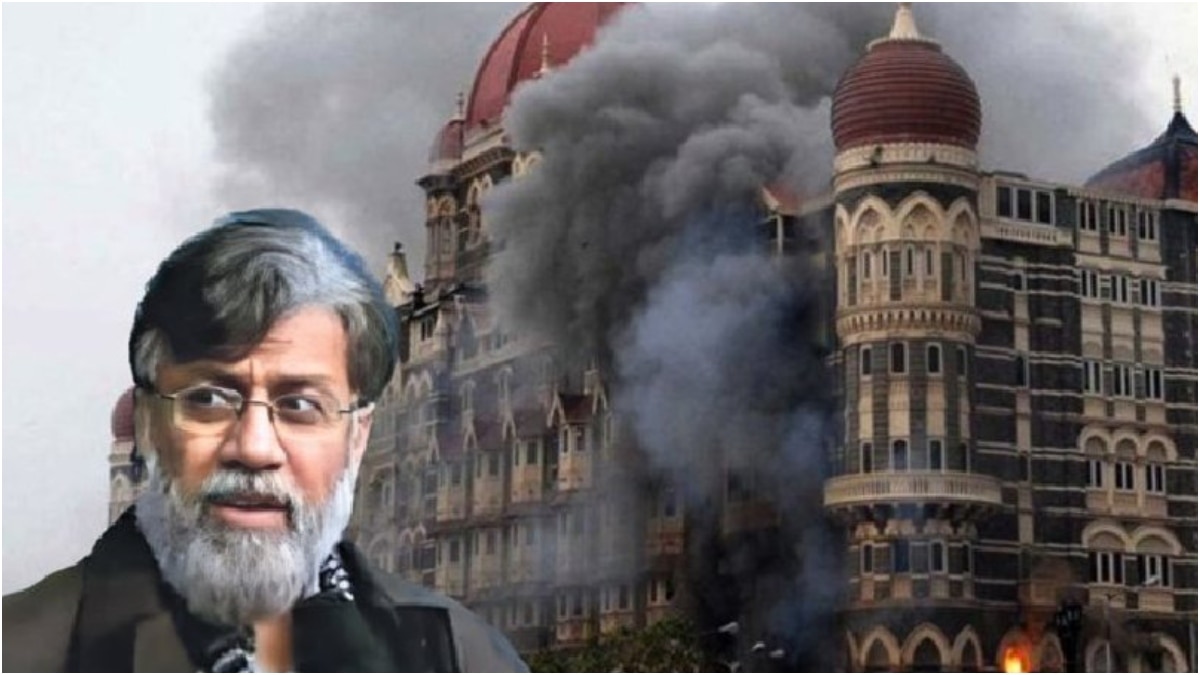US Court Approves Extradition of Pakistani-Origin Canadian Businessman Tahawwur Hussain Rana to India for 2008 Mumbai Attacks

US Court Approves Extradition of Pakistani-Origin Canadian Businessman Tahawwur Hussain Rana to India for 2008 Mumbai Attacks
Washington, D.C. — In a significant development, the U.S. Court of Appeals for the Ninth Circuit has ruled that Tahawwur Hussain Rana, a Pakistani-origin Canadian businessman, can be extradited to India, where he is wanted for his alleged involvement in the 2008 Mumbai terror attacks. These attacks, executed by Pakistan-based Lashkar-e-Taiba (LeT) terrorists, claimed 166 lives and left a lasting scar on India.
The court’s ruling on Thursday affirms that the India-U.S. Extradition Treaty provides the legal framework necessary for Rana’s extradition, rejecting his legal challenges that had sought to prevent his transfer to Indian authorities. The decision marks a critical step in the efforts of the Indian government to bring those responsible for the Mumbai attacks to justice.
Background on Tahawwur Rana and the Mumbai Attacks
Tahawwur Hussain Rana, a former doctor and businessman, was implicated in the planning and execution of the Mumbai attacks, which targeted prominent locations across the city, including luxury hotels, a Jewish community center, and a bustling railway station. Rana is accused of providing material support to LeT, facilitating the movement and communications of David Coleman Headley, another key conspirator in the attacks, who scouted locations in Mumbai under the guise of business operations.
Rana, who had been residing in Chicago, was arrested in 2009 by U.S. authorities and later convicted in 2011 for supporting the LeT and for his role in a failed plot to attack a Danish newspaper. However, he was acquitted of charges directly linking him to the Mumbai attacks. Despite this acquittal, India has continued to seek his extradition, asserting that further prosecution is warranted based on evidence gathered since his original trial.
Court Ruling and Implications
In its ruling, the Ninth Circuit Court found that the treaty obligations between India and the United States were clear, and Rana’s arguments did not hold sufficient merit to prevent his extradition. The court noted that the evidence presented by India met the necessary criteria under the treaty for extradition.
The decision has been welcomed by Indian authorities, who have expressed their determination to ensure that all individuals responsible for the Mumbai attacks are held accountable. India has long asserted that Rana played a critical role in the logistics and planning of the attacks and that his extradition is essential for the full prosecution of those involved.
Next Steps
Following the court’s decision, the U.S. Department of State will make the final decision on whether to proceed with the extradition. If approved, Rana will be transferred to India, where he is expected to face trial on charges related to terrorism, conspiracy, and murder.
The extradition of Rana, if carried out, will likely have significant diplomatic and legal repercussions, particularly in the context of counter-terrorism cooperation between the United States and India. It may also serve as a deterrent to other individuals and groups involved in terrorism, reinforcing the global commitment to combating terrorism through legal channels.